Are you tired of being blocked from accessing your favorite websites or encountering slow internet speeds? Have you ever heard the term “proxy” but aren’t quite sure what it means or how it can benefit you? If so, you’re in the right place. In this article, we’ll explore the world of Internet proxies and explain what they are, how they work, and why they are becoming increasingly important in today’s digital landscape.
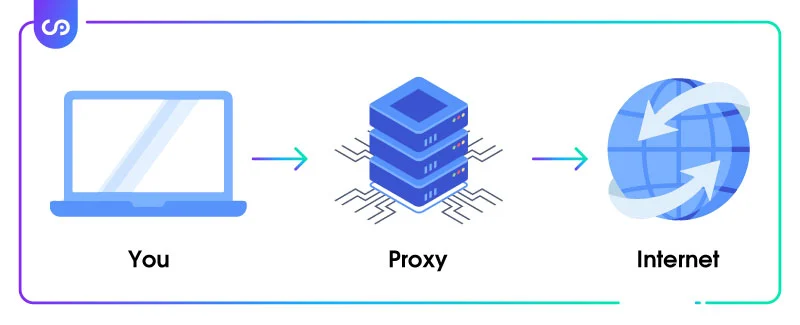
So, what is a proxy? Simply put, a proxy acts as an intermediary between your device and the internet. It allows you to access websites and online services without revealing your true identity or location. This can be particularly useful for bypassing restrictions, maintaining online anonymity, or even just speeding up your connection.
But proxies are much more than just a tool for getting around restrictions or hiding your IP address. In fact, they are becoming an increasingly essential part of the internet infrastructure. So, whether you’re a business owner looking to protect your online activities, a researcher conducting web scraping, or just someone who wants to enjoy a faster, more secure internet experience, understanding what is proxy and how it can benefit you is essential.
How do proxies work?
At their core, proxies are like digital middlemen that allow you to access online content without revealing your identity. But how do they work, and what are the benefits of using them?
Think of it this way: when you access the internet, your device sends a request to a server to access a website or service. The server then sends back the requested data to your device, allowing you to view the content. But what if you don’t want to reveal your IP address, location, or other identifying information to the server?
This is where proxies come in. A proxy server acts as an intermediary between your device and the server, receiving and sending data on your behalf. When you use a proxy, your request is sent to the proxy server instead of the server hosting the website or service you’re trying to access. The proxy then forwards your request to the server and returns the response to you.
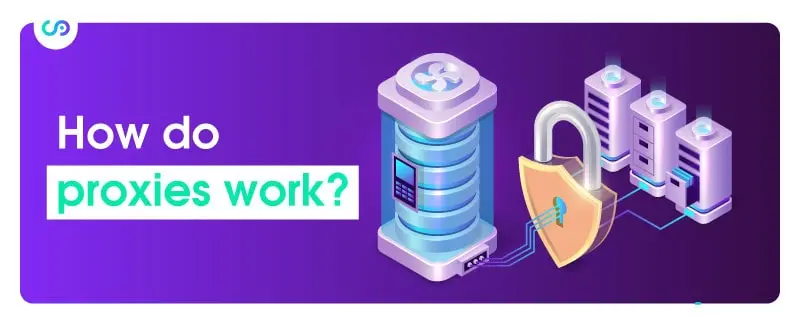
One of the primary benefits of using a proxy is that it allows you to access online content that may be blocked or restricted in your location. For example, if you’re trying to access a website that is only available in a certain country, you can use a proxy located in that country to bypass the restriction and access the content.
Proxies can also be useful for maintaining anonymity and protecting your online activities. By using a proxy, your true IP address is hidden, making it harder for websites and services to track your online behavior. This can be particularly useful for avoiding targeted ads or protecting sensitive information.
In summary, proxies are a powerful tool that can provide numerous benefits to internet users. From bypassing restrictions to maintaining anonymity and privacy, proxies offer a way to access online content quickly, securely, and anonymously.
Types of Proxies
While most of us take the internet for granted and assume it’s always available, the truth is that there are many challenges that can impact our ability to access online content. From geo-restrictions to internet censorship, accessing the content we want can be a frustrating and time-consuming experience. Fortunately, proxies offer a solution to many of these challenges.
So, what are the different proxy server types? Let’s take a closer look.
- First, there are data center proxies, which are essentially servers located in a data center that act as an intermediary between your device and the internet. These proxies are generally the most affordable and widely used, making them a popular choice for businesses and individuals alike.
- Then, there are residential proxies. These proxies are more expensive than data center proxies but offer a higher level of anonymity and security. Residential proxies are created using real IP addresses assigned to homeowners by internet service providers, making them harder to detect and block.
- Finally, mobile proxies are a newer type of proxy that use mobile devices to connect to the internet. These proxies are particularly useful for bypassing geo-restrictions since they can mimic the location of a mobile device and allow you to access content that would otherwise be blocked.
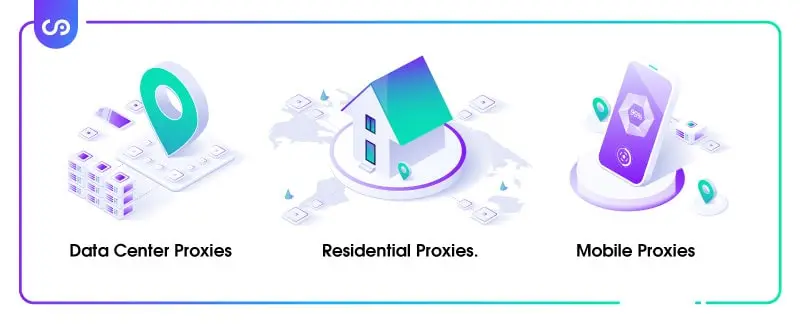
If you’re a web scraper, then you should also know about these two different proxy types:
Rotating proxy
A rotating proxy is a crucial component in web scraping and online data extraction processes. It refers to a proxy server that automatically rotates or changes the IP address assigned to a connection after a certain period or request. The primary purpose of using rotating proxies is to bypass restrictions imposed by websites that limit access or block IP addresses to prevent scraping activities. To delve deeper into the concept of rotating proxies and understand how they can enhance your web scraping efforts, you can refer to this informative article: What is Rotating Proxy?
Static proxy
A static proxy, also known as a dedicated proxy, is a type of proxy server that provides a fixed IP address for a specific user or device. Unlike rotating proxies that change IP addresses regularly, static proxies offer a consistent and unchanging IP address throughout the web scraping or browsing session. Learn more about static proxies with this article: What is Static Proxy?
Each type of proxy has its own strengths and weaknesses, and the one you choose will depend on your specific needs and budget. But regardless of which type you choose, proxies offer a powerful solution for accessing online content quickly, securely, and anonymously.
Proxy usages
Now that you have a better understanding of what proxies are and how they work, let’s explore some of the most common proxy usages.
One popular use case for proxies is bypassing online restrictions. For example, if you’re traveling abroad and want to access online content that is only available in your home country, you can use a proxy located in your home country to bypass the restriction and access the content. Similarly, if you’re at work or school and want to access social media or other websites that may be blocked by the network administrator, you can use a proxy to bypass the restrictions.
Another common use case for proxies is web scraping. Web scraping refers to the process of collecting data from websites for research or analytical purposes. By using a proxy, you can scrape data from websites without being detected or blocked by the website’s security measures. This can be particularly useful for businesses that need to collect data for market research or competitive analysis.
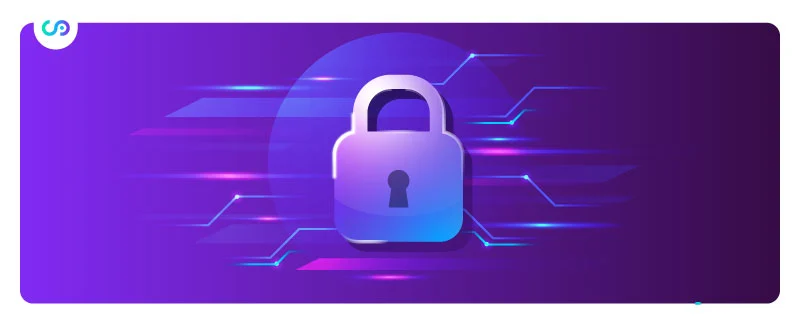
Proxies can also be used for maintaining anonymity and privacy online. For example, if you’re concerned about your online activities being tracked or monitored, you can use a proxy to hide your IP address and make it harder for websites and services to track your online behavior. Similarly, if you’re accessing sensitive information or conducting online transactions, using a proxy can help protect your data and prevent it from being intercepted by hackers or other malicious actors.
Proxies offer a wide range of benefits and can be used for a variety of purposes, including bypassing online restrictions, web scraping, and maintaining anonymity and privacy online. Whether you’re a business owner, researcher, or just a regular internet user, proxies can help you access online content quickly, securely, and anonymously.
How to use proxies
Fortunately, using proxies is not as complicated as you might think.
The first step is to choose the type of proxy that best fits your needs. There are several types of proxies available, including HTTP proxies, SOCKS proxies, residential proxies, and mobile proxies. Each type has its own advantages and disadvantages, so it’s important to choose the right one for your specific use case.
Once you’ve chosen a proxy, the next step is to configure it on your device. This process will vary depending on the type of proxy you’re using and the device you’re using it on, but generally involves entering the proxy’s IP address and port number into your device’s network settings.
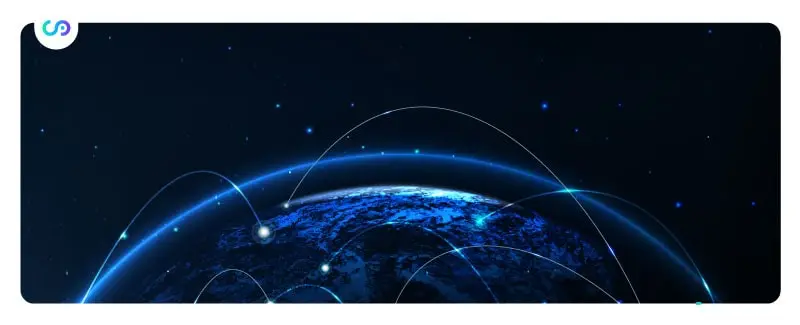
Once you’ve configured the proxy, you can start using it to access online content. Simply enter the URL of the website or service you want to access into your web browser, and the proxy will handle the rest. You can also use a proxy with other applications, such as web scraping tools or VPN clients, by entering the proxy’s details into the application’s settings.
It’s worth noting that while proxies can provide a range of benefits, they can also have some limitations. For example, using a proxy may slow down your internet connection, as data must be routed through the proxy server before reaching your device. Additionally, some websites and services may be able to detect and block proxy traffic, so it’s important to choose a reputable proxy provider and use the appropriate type of proxy for your needs.
The future of web proxies
The future of proxies is an exciting and dynamic one, with new developments and innovations constantly emerging. As online privacy and security concerns continue to grow, the demand for proxies is likely to increase, making them an essential tool for individuals and businesses alike.
One area where we can expect to see continued innovation is in the development of more advanced and sophisticated proxy technologies. For example, some proxy providers are already offering artificial intelligence-powered proxies that can automatically adapt to changing online environments and bypass even the most advanced security measures.
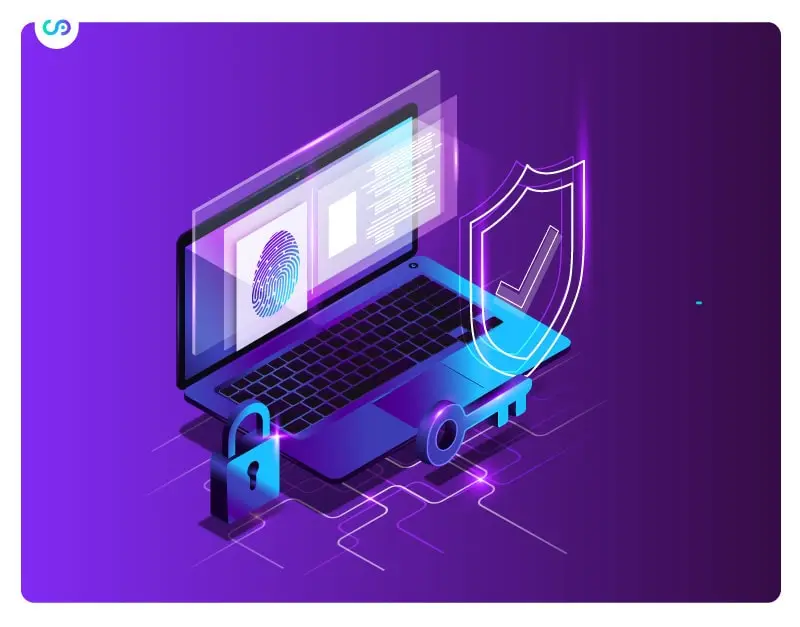
Another trend that is likely to shape the future of proxies is the increasing use of mobile devices. With more people accessing the internet from their smartphones and tablets than ever before, mobile proxies are becoming increasingly popular. Mobile proxies provide a unique advantage in that they allow users to access location-specific content and services while on the go, making them an essential tool for marketers and other businesses that rely on location data.
Finally, we can also expect to see an increased focus on privacy and data protection in the proxy industry. As data breaches and cyber attacks become more common, users are becoming increasingly aware of the importance of protecting their online data. Proxies can provide a simple and effective way to protect user data and maintain anonymity online, and as such, we can expect to see an increasing demand for more privacy-focused proxy services.
Conclusion
Proxies are a powerful tool that can help individuals and businesses access online content securely and anonymously. By routing internet traffic through a third-party server, proxies can bypass online restrictions, maintain privacy and anonymity, and collect data for research or analytical purposes. With the continued development of more advanced and sophisticated proxy technologies, and an increasing focus on privacy and data protection, the future of proxies is bright and full of potential. Whether you’re looking to bypass online restrictions or protect your online data, proxies offer a range of benefits that are only set to grow in the coming years.
FAQs
What is the difference between HTTP and SOCKS proxies?
HTTP proxies are designed for web traffic and work at the application level, while SOCKS proxies work at the transport level and can handle a wider range of traffic types, including email and instant messaging.
Are proxies legal to use?
Yes, proxies are legal to use in most countries, but it’s important to use them in a responsible and ethical manner and avoid using them for illegal activities.
Can proxies be detected and blocked by websites?
Yes, some websites and services are able to detect and block proxy traffic, especially if the proxy is being used for malicious purposes. However, using a reputable proxy provider and choosing the appropriate type of proxy can help minimize the risk of detection and blocking.
Can proxies slow down my internet connection?
Yes, using a proxy can sometimes slow down your internet connection, as data must be routed through the proxy server before reaching your device. However, choosing a high-quality and fast proxy provider can help minimize the impact on your internet speed.

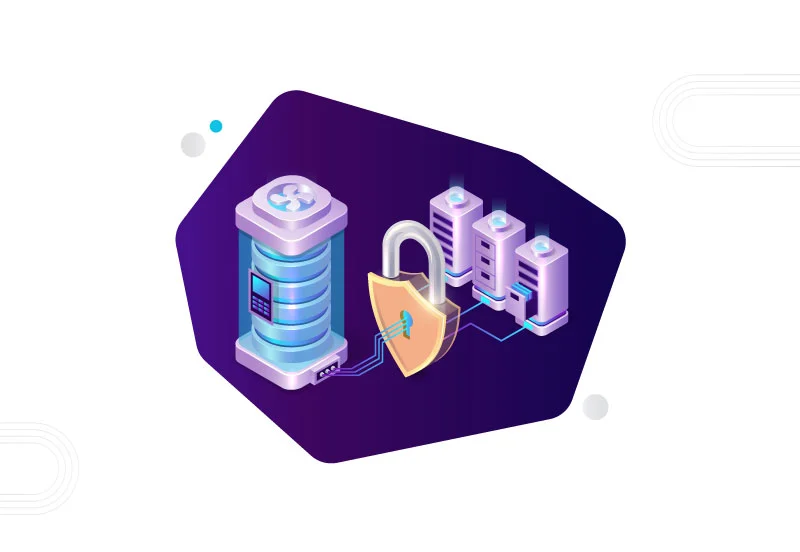
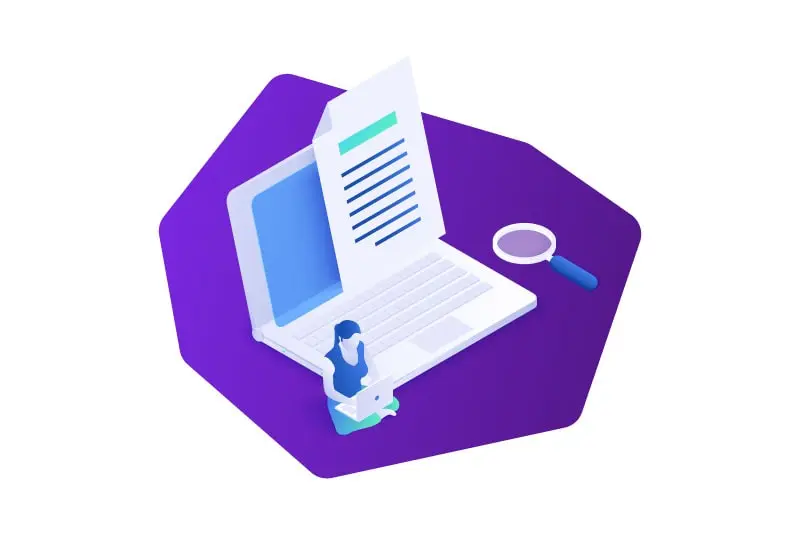
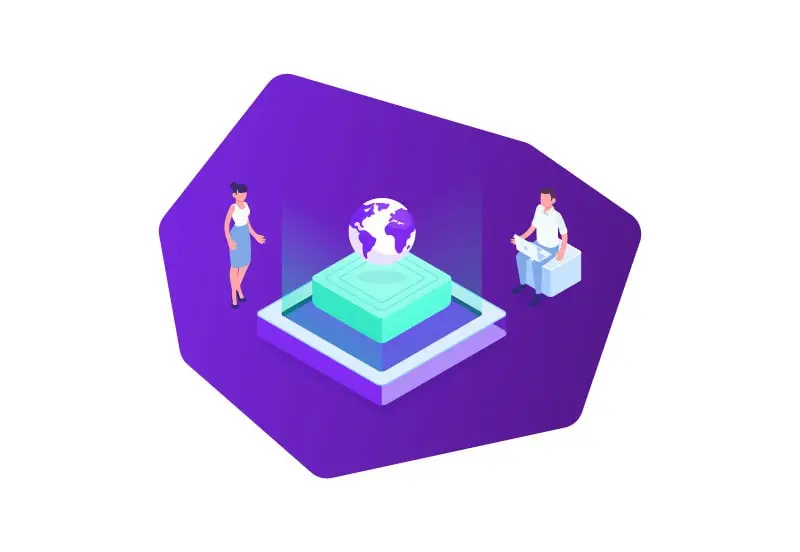
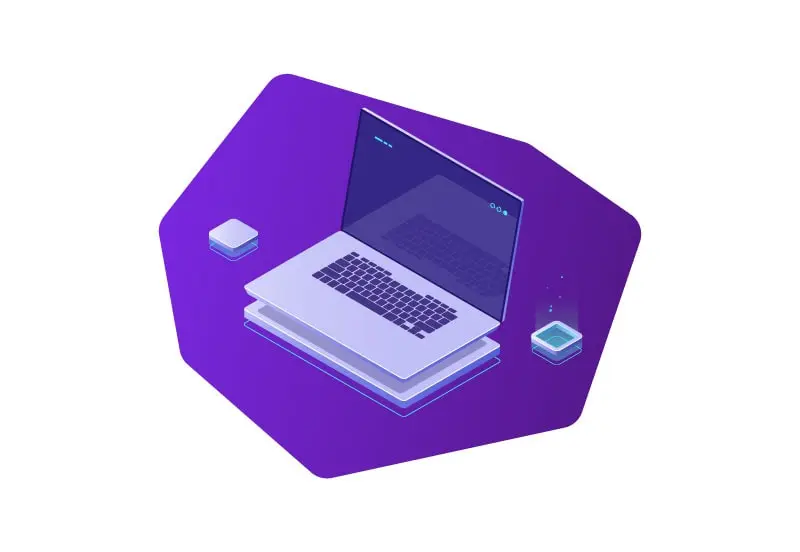

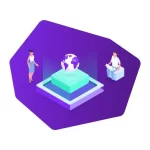
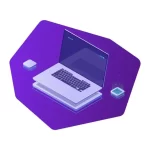
2 thoughts on “What is a Proxy and How It Can Revolutionize Your Online Experience”
Proxies are like secret agents that help you hide your identity online. They act as intermediaries between your device and the websites you visit, making it appear as if you’re browsing from a different location. It’s like wearing a disguise in the digital world. Proxies are handy for accessing blocked content, protecting your privacy, and even sneaking into restricted websites. They’re the cool ninjas of the internet!
Hi Lucas!
Proxies are intermediary servers that facilitate communication between a user’s device and the internet. They act as a gateway, forwarding requests and responses between the user and the target server. Proxies offer various functionalities, such as caching, filtering, and anonymizing user information. They can enhance security, improve performance, and provide access to geographically restricted content. Proxies find application in different contexts, including web browsing, network administration, and privacy protection. It’s important to choose reliable and trustworthy proxies while adhering to applicable legal and ethical guidelines.